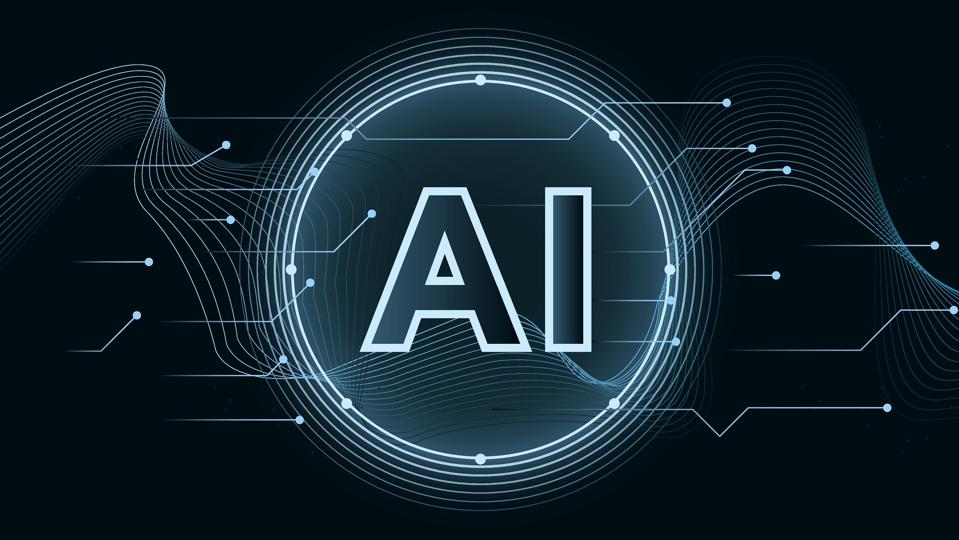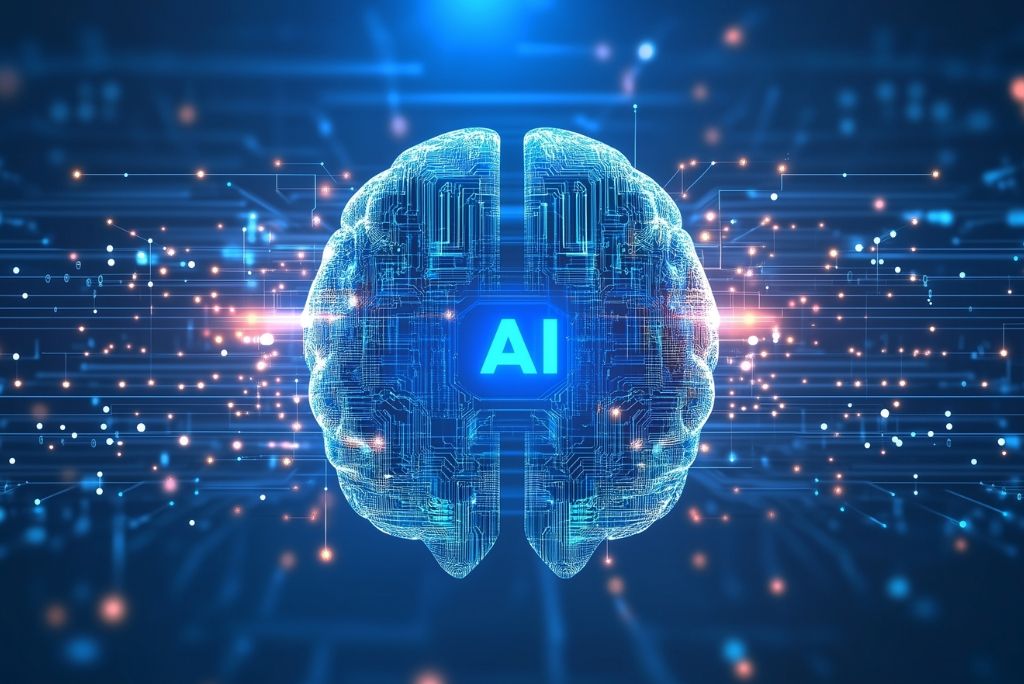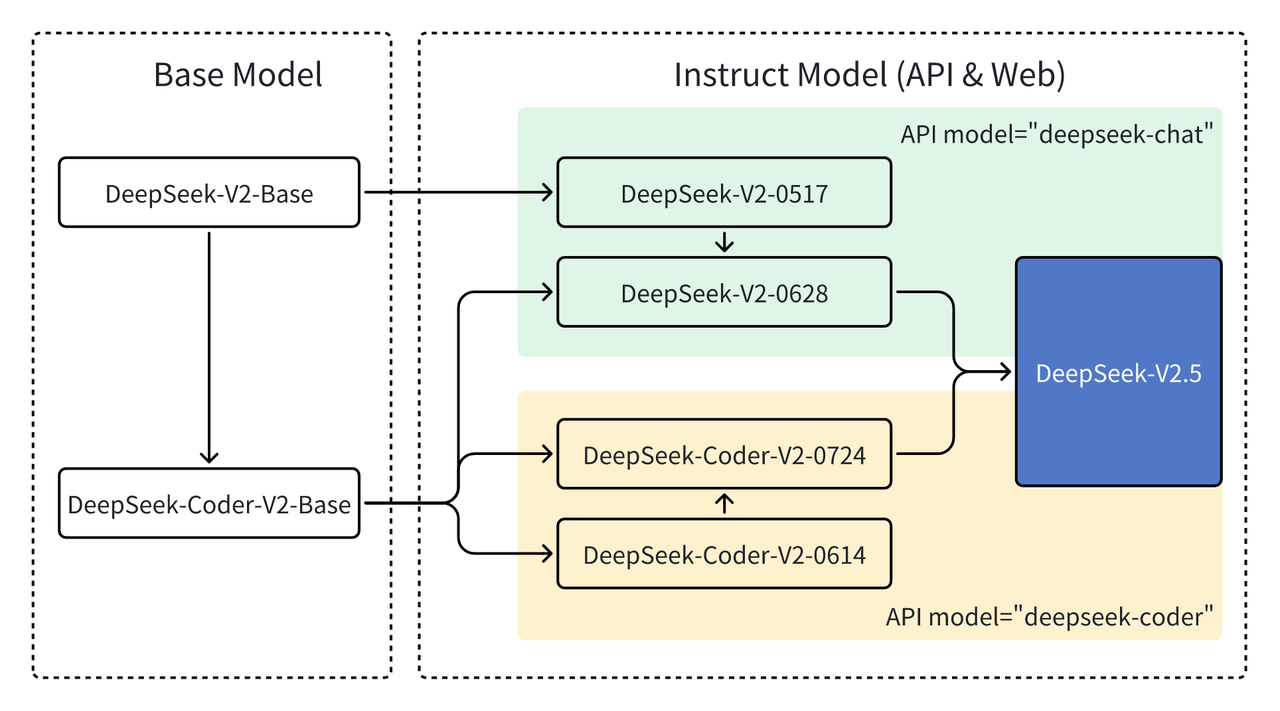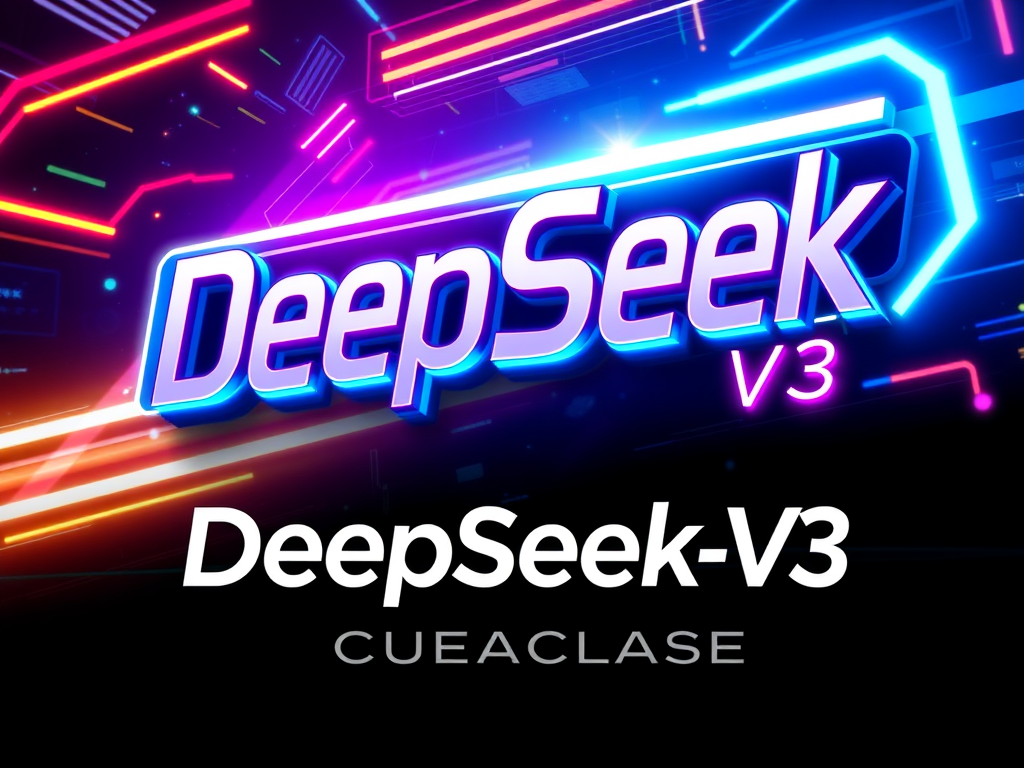Artificial Intelligence (AI) is transforming education while making discovering more available however also triggering disputes on its effect.
While students hail AI tools like ChatGPT for improving their knowing experience, lecturers are raising issues about the growing reliance on AI, which they argue fosters laziness and weakens scholastic stability, specifically with many students unable to protect their assignments or offered works.
Prof. Isaac Nwaogwugwu, photorum.eclat-mauve.fr a lecturer at the University of Lagos, in an interview with Nairametrics, revealed frustration over the growing reliance on AI-generated reactions amongst trainees stating a recent experience he had.
RelatedStories

Avoid sharing personal information that can recognize you with AI tools- Expert cautions
Chinese AI app DeepSeek sparks worldwide tech selloff, challenges U.S. AI dominance
"I provided a project to my MBA students, and out of over 100 trainees, about 40% sent the specific same answers. These students did not even know each other, however they all utilized the very same AI tool to create their reactions," he said.

He noted that this pattern prevails among both undergraduate and postgraduate trainees however is particularly concerning in part-time and distance knowing programs.

"AI is a severe challenge when it comes to assignments. Many trainees no longer believe critically-they just browse the web, create answers, and submit," he added.

Surprisingly, some speakers are also implicated of over-relying on AI, setting a cycle where both teachers and trainees turn to AI for benefit instead of intellectual rigor.
This debate raises important concerns about the function of AI in scholastic integrity and student development.
According to a UNESCO report, while ChatGPT reached 100 million regular monthly active users in January 2023, just one country had released regulations on generative AI as of July 2023.
As of December 2024, ChatGPT had over 300 million individuals utilizing the AI chatbot every week and 1 billion messages sent every day worldwide.
Decline of scholastic rigor
University lecturers are progressively worried about trainees sending AI-generated assignments without truly understanding the content.
Dr. Felix Echekoba, a lecturer at Nnamdi Azikiwe University, expressed his concerns to Nairametrics about trainees increasingly depending on ChatGPT, addsub.wiki only to battle with responding to basic concerns when evaluated.
"Many students copy from ChatGPT and submit refined projects, but when asked fundamental concerns, they go blank. It's frustrating due to the fact that education is about learning, not just passing courses," he stated.
- Prof. Nwaogwugwu pointed out that the increasing number of top-notch graduates can not be completely associated to AI but admitted that even high-performing trainees use these tools.
"A top-notch trainee is a superior trainee, AI or not, however that doesn't mean they do not cheat. The advantages of AI may be peripheral, however it is making trainees reliant and less analytical," he said.
- Another lecturer, Dr. Ereke, from Ebonyi State University, pyra-handheld.com raised a different concern that some speakers themselves are guilty of the same practice.
"It's not just students using AI slackly. Some speakers, out of their own laziness, produce lesson notes, course describes, marking schemes, and even examination concerns with AI without reviewing them. Students in turn utilize AI to create responses. It's a cycle of laziness and it is eliminating real knowing," he lamented.
Students' point of views on use
Students, on the other hand, say AI has enhanced their knowing experience by making academic products more easy to understand and available.
- Eniola Arowosafe, a 300-level Business Administration trainee at Unilag, shared how AI has actually substantially helped her knowing by breaking down complex terms and providing summaries of lengthy texts.
"AI assisted me comprehend things more quickly, particularly when dealing with intricate topics," she explained.
However, she recalled a circumstances when she used AI to submit her project, just for her speaker to instantly acknowledge that it was created by ChatGPT and decline it. Eniola noted that it was a good-bad effect.
- Bryan Okwuba, who just recently graduated with a first-rate degree in Pharmacy Technology from the University of Lagos, strongly believes that his academic success wasn't due to any AI tool. He associates his exceptional grades to actively interesting by asking concerns and focusing on areas that speakers stress in class, as they are often shown in examination questions.
"It's everything about being present, focusing, and tapping into the wealth of knowledge shared by my coworkers," he said,
- Tunde Awoshita, a final-year marketing trainee at UNIZIK, admits to occasionally copying directly from ChatGPT when dealing with numerous deadlines.
"To be sincere, there are times I copy directly from ChatGPT when I have numerous due dates, and I understand I'm guilty of that, the majority of times the speakers do not get to review them, however AI has likewise helped me find out faster."
Balancing AI's function in education
Experts think the option depends on AI literacy; mentor students and speakers how to use AI as a learning help rather than a shortcut.

- Minister of Education, Dr. Tunji Alausa, highlighted the integration of AI into Nigeria's education system, worrying the importance of a balanced technique that keeps human participation while harnessing AI to enhance learning results.
"As we browse the rapidly developing landscape of Artificial Intelligence (AI), it is crucial that we prioritise human firm in education. We should ensure that AI enhances, instead of replaces, educators' important role in forming young minds," he said
Dorcas Akintade, a cybersecurity improvement specialist, resolved growing issues concerning the usage of artificial intelligence (AI) tools such as ChatGPT and their potential dangers to the instructional system.
- She acknowledged the advantages of AI, however, emphasized the need for caution in its use.
- Akintade highlighted the increasing resistance among teachers and schools towards incorporating AI tools in discovering environments. She recognized two main reasons that AI tools are discouraged in instructional settings: security threats and plagiarism. She described that AI tools like ChatGPT are trained to react based upon user interactions, which might not align with the expectations of teachers.
"It is not looking at it as a tutor," Akintade said, describing that AI doesn't accommodate specific teaching approaches.
Plagiarism is another concern, as AI pulls from existing information, frequently without appropriate attribution
"A lot of people require to understand, like I said, this is data that has actually been trained on. It is not simply bringing things out from the sky. It's bringing information that some other individuals are fed into it, which in essence means that is another individual's documents," she warned.
- Additionally, Akintade highlighted an early issue in AI development referred to as "hallucination," where AI tools would produce information that was not accurate.
"Hallucination suggested that it was drawing out info from the air. If ChatGPT could not get that information from you, it was going to make one up," she described.
She advised "grounding" AI by providing it with specific info to prevent such errors.
Navigating AI in Education
Akintade argued that banning AI tools outright is not the option, particularly when AI provides an opportunity to leapfrog standard educational approaches.
- She believes that consistently reinforcing crucial information assists people remember and avoid making errors when confronted with difficulties.
"Immersion brings conversion. When you inform people the same thing over and over once again, when they are about to make the errors, then they'll keep in mind."
She also empasized the requirement for clear policies and treatments within schools, noting that numerous schools ought to deal with individuals and process elements of this usage.
- Prof. Nwaogwugwu has actually resorted to in-class assignments and tests to counter AI-driven scholastic dishonesty.
"Now, I primarily utilize projects to guarantee trainees supply initial work." However, he acknowledged that handling large classes makes this technique challenging.
"If you set complex concerns, students won't be able to utilize AI to get direct answers," he described.
He stressed the requirement for universities to train lecturers on crafting test questions that AI can not quickly solve while acknowledging that some speakers battle to counter AI abuse due to a lack of technological awareness. "Some lecturers are analogue," he stated.
- Nigeria launched a draft National AI Strategy in August 2024, concentrating on ethical AI development with fairness, transparency, accountability, and personal privacy at its core.
- UNESCO in a report requires the policy of AI in education, recommending organizations to examine algorithms, data, and outputs of generative AI tools to guarantee they satisfy ethical standards, safeguard user data, and filter unsuitable material.
- It stresses the need to evaluate the long-lasting effect of AI on important abilities like thinking and archmageriseswiki.com imagination while producing policies that align with ethical frameworks. Additionally, complexityzoo.net UNESCO advises executing age restrictions for GenAI usage to protect more youthful students and safeguard susceptible groups.
- For governments, it encouraged adopting a coordinated nationwide technique to controling GenAI, consisting of establishing oversight bodies and lining up policies with existing information protection and privacy laws. It highlights evaluating AI risks, imposing more stringent rules for high-risk applications, and guaranteeing nationwide information ownership.








